At QuCiL Health, we are committed to providing our patients with top-tier medical health and wellness services. Each service is supported by a carefully selected range of treatment products, ensuring the best possible care for our patients.
QuCiL Health offers personalized medical weight loss and weight management plans, combining various approaches to help individuals achieve their goals. Here are some of the treatment options they provide:
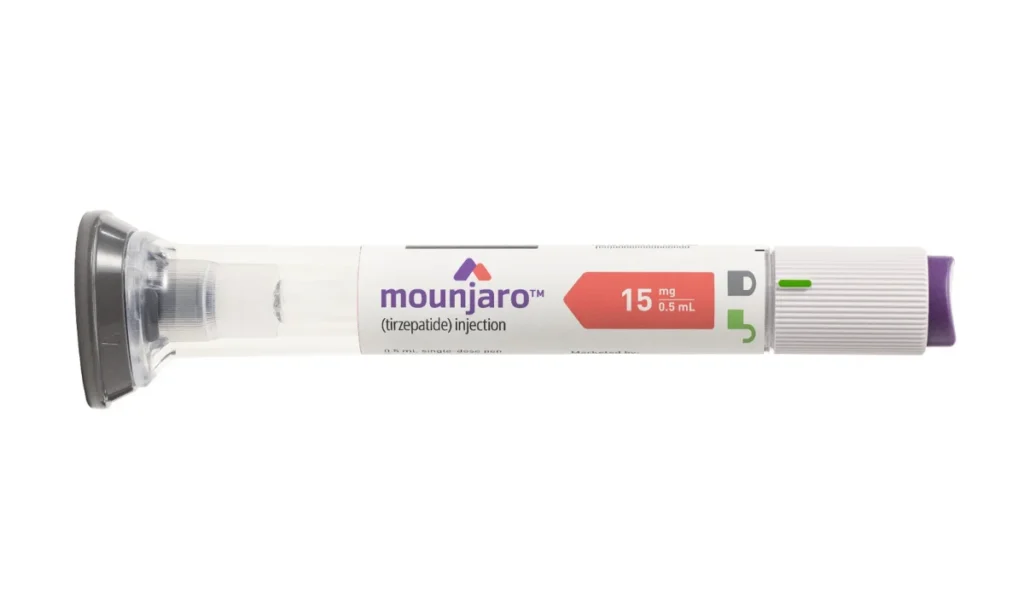
A dual glucose-dependent insulinotropic polypeptide (GIP) and glucagon-like peptide-1 (GLP-1) receptor agonist. It helps regulate blood sugar levels and promotes weight loss.
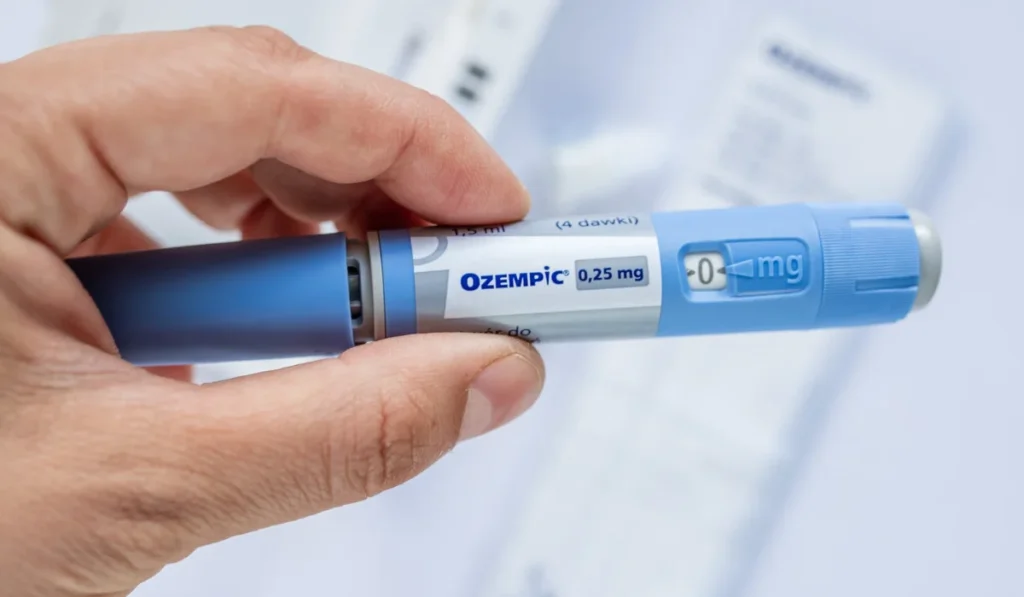
Originally developed for diabetes management, semiglutide has been found effective for weight loss as well. It works by reducing appetite and increasing feelings of fullness.
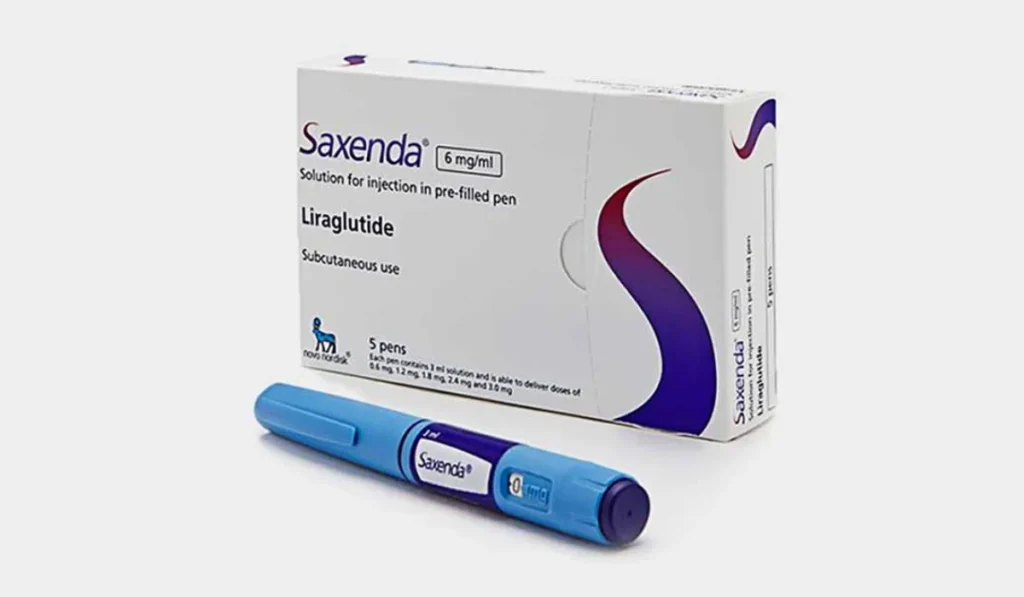
An injectable prescription medicine that may help some adults with excess weight.
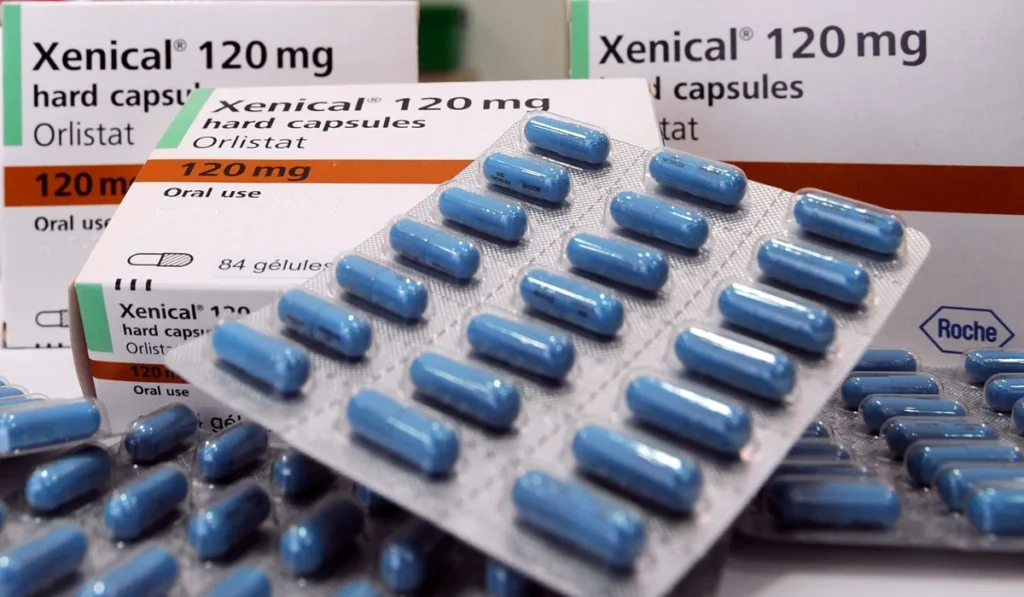
A prescription drug designed to help with weight loss and maintenance.
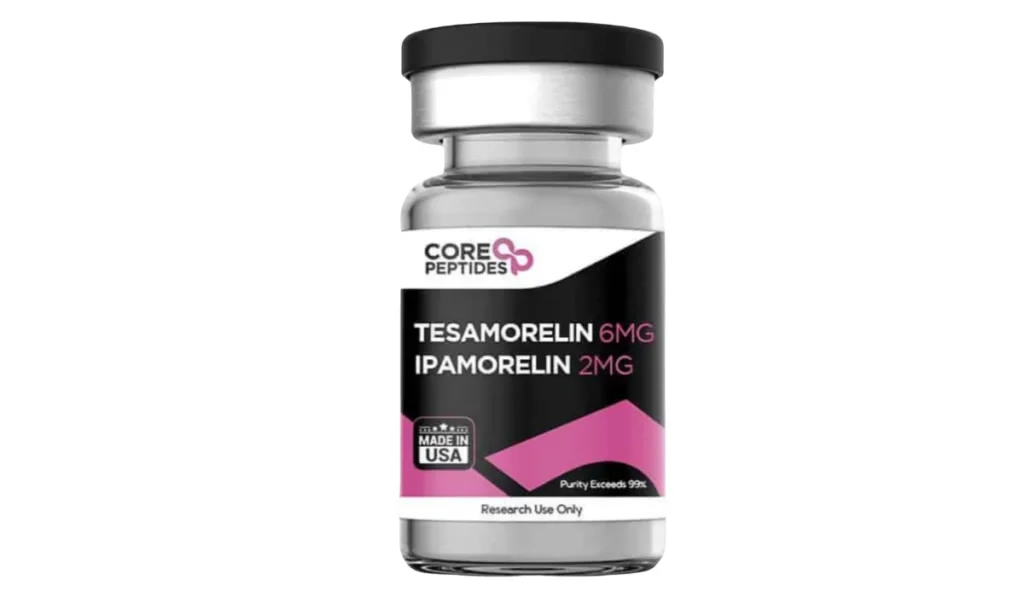
A growth hormone-releasing hormone (GHRH) analog that may aid in fat loss.
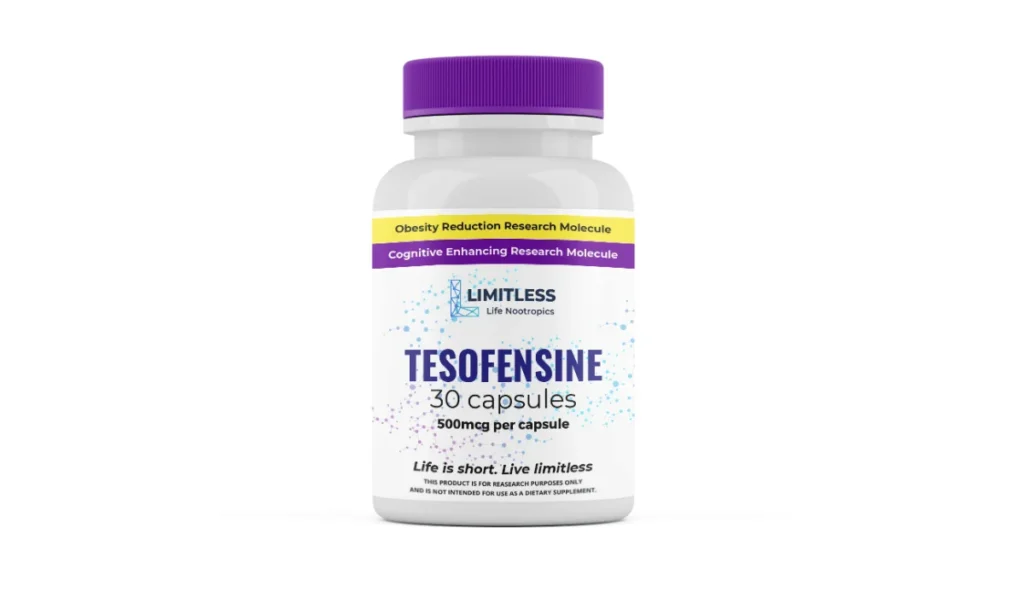
A peptide that may have potential benefits for cardiovascular health.

Meal plans based on individual needs.
Nutritional counseling referrals

Regular physical activity to promote weight loss and overall health.
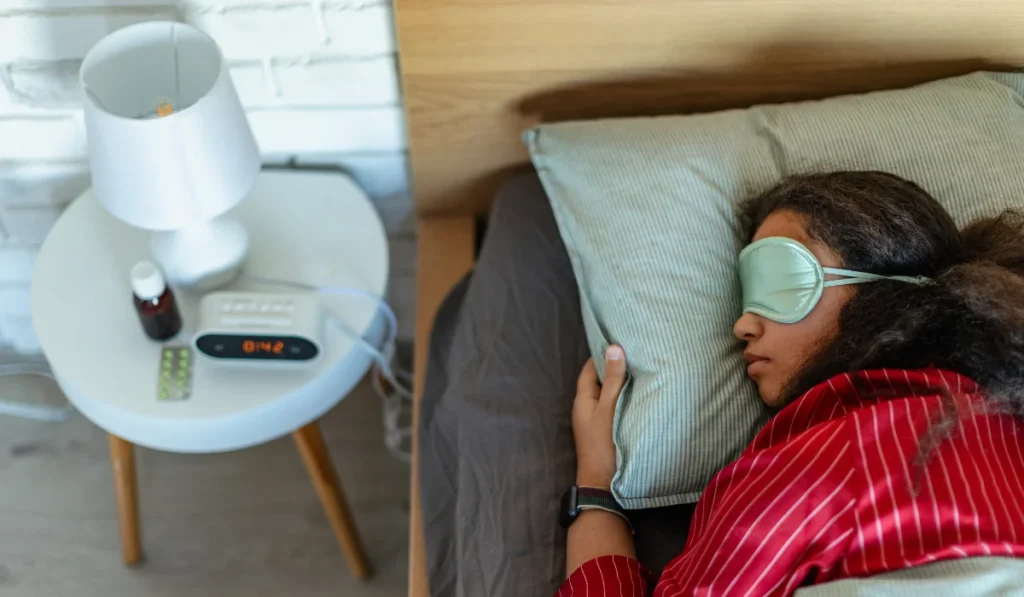
Adequate rest is essential for weight management.

Techniques to address emotional eating, stress, and other factors.

A selection of vetted supplements to complement dietary changes and support metabolic health.
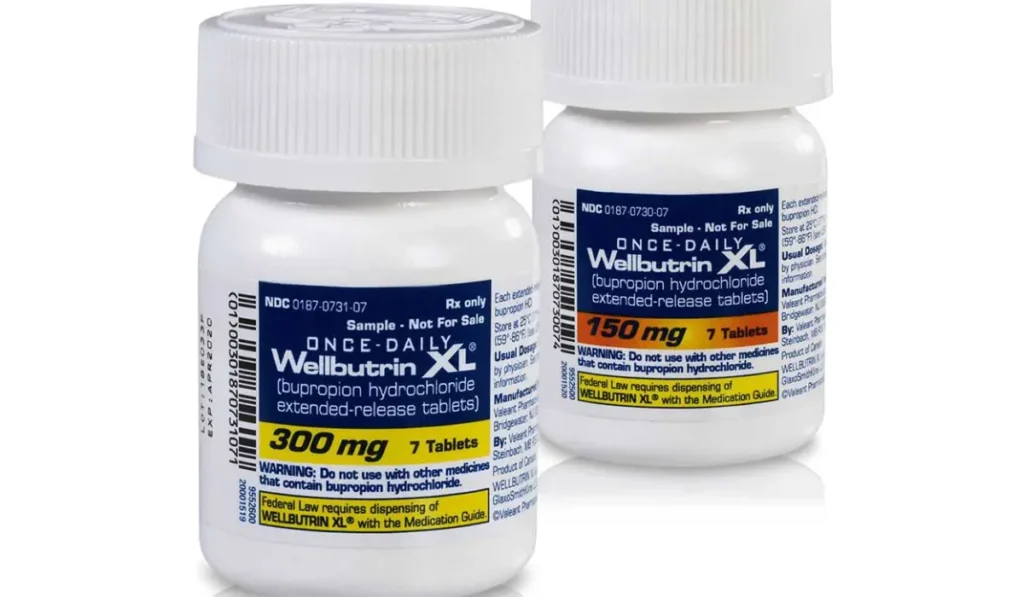
Wellbutrin is an atypical antidepressant that may also aid in weight loss.
It works by affecting neurotransmitters in the brain.
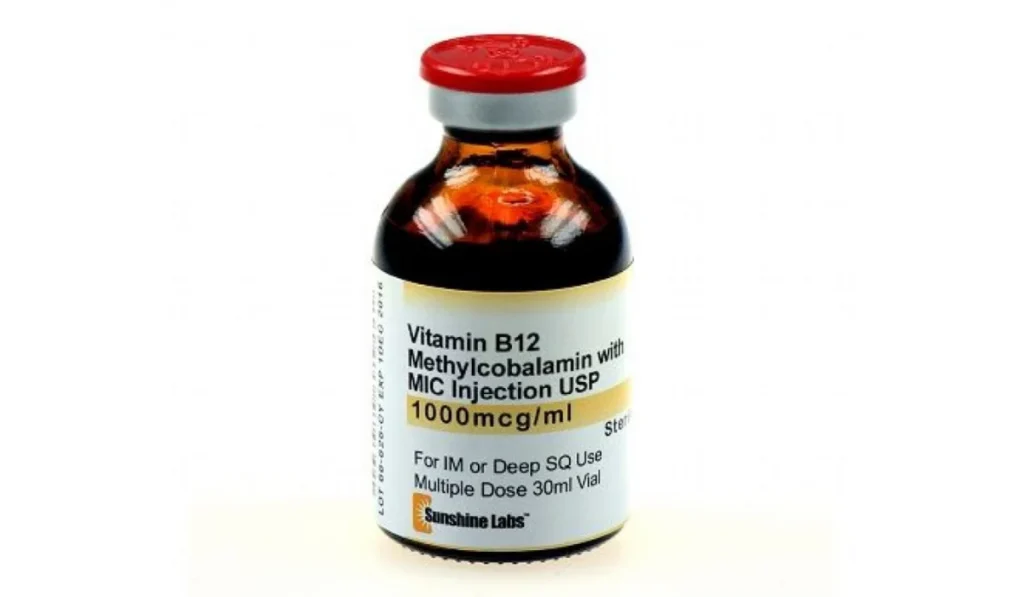
Vitamin B12 supports metabolism and energy production.
It’s often included in weight management plans.
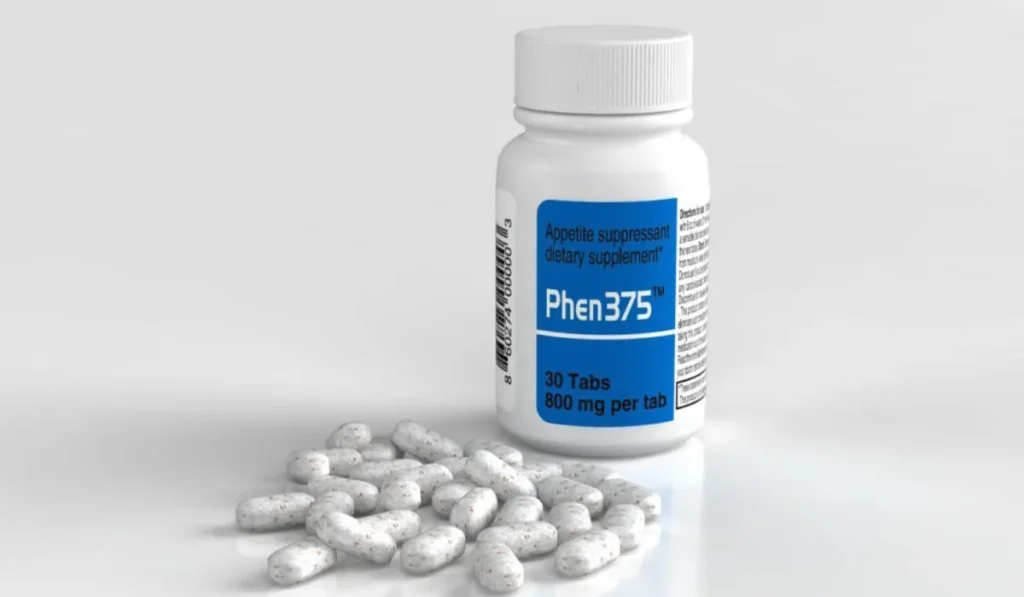
An FDA-approved appetite suppressant for short-term weight management.
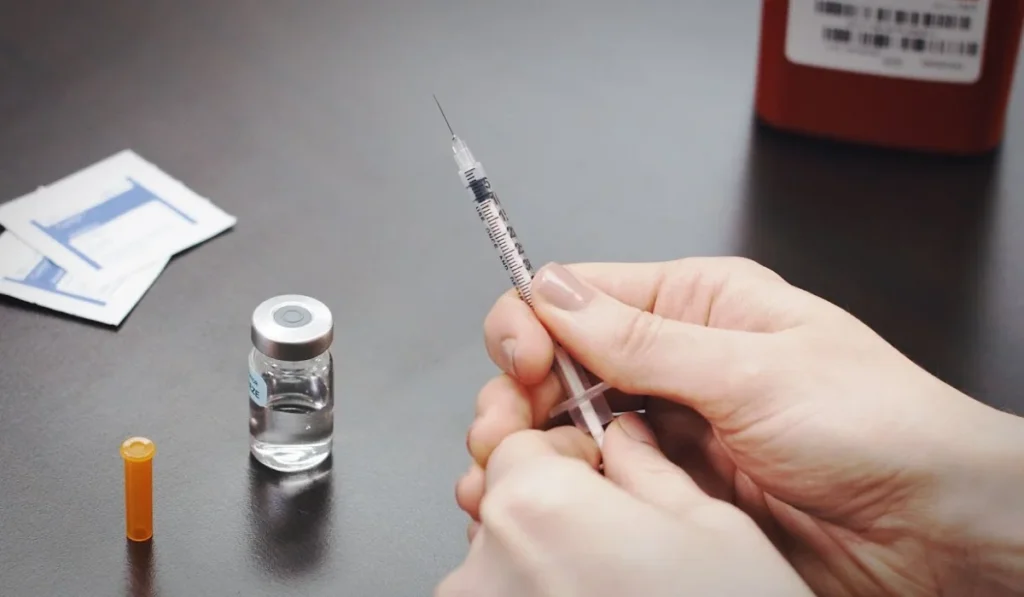
Human chorionic gonadotropin (HCG) injections are controversial but sometimes used for weight loss.
They are typically combined with a very low-calorie diet.

Increased vitality and reduced fatigue.

Enhanced muscle growth and strength.

Positive impact on mood and mental well-being.

Improved cognitive focus and clarity.

Enhanced sexual desire and performance
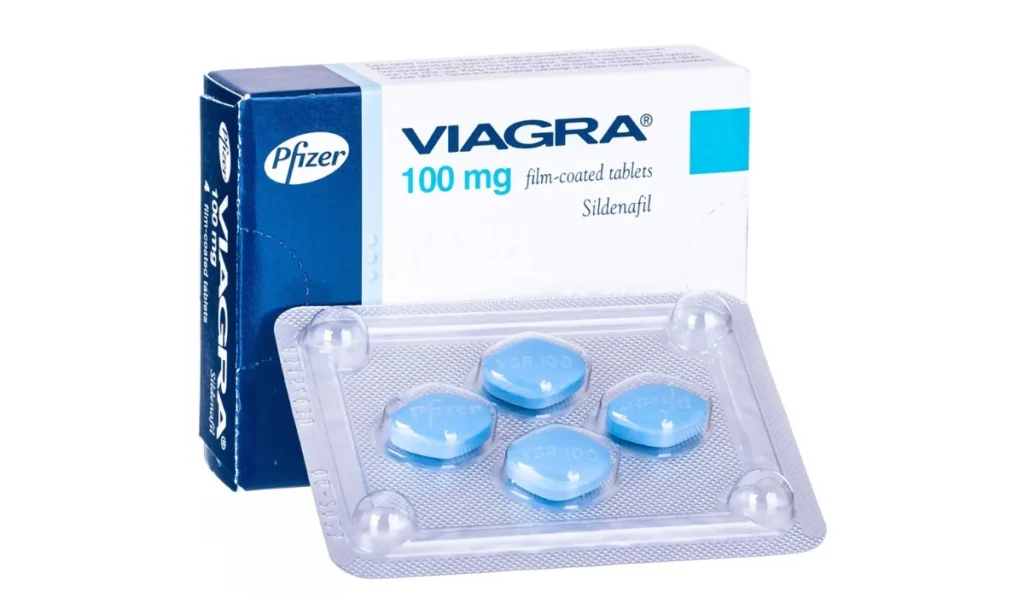
Enhances blood flow to the penis.
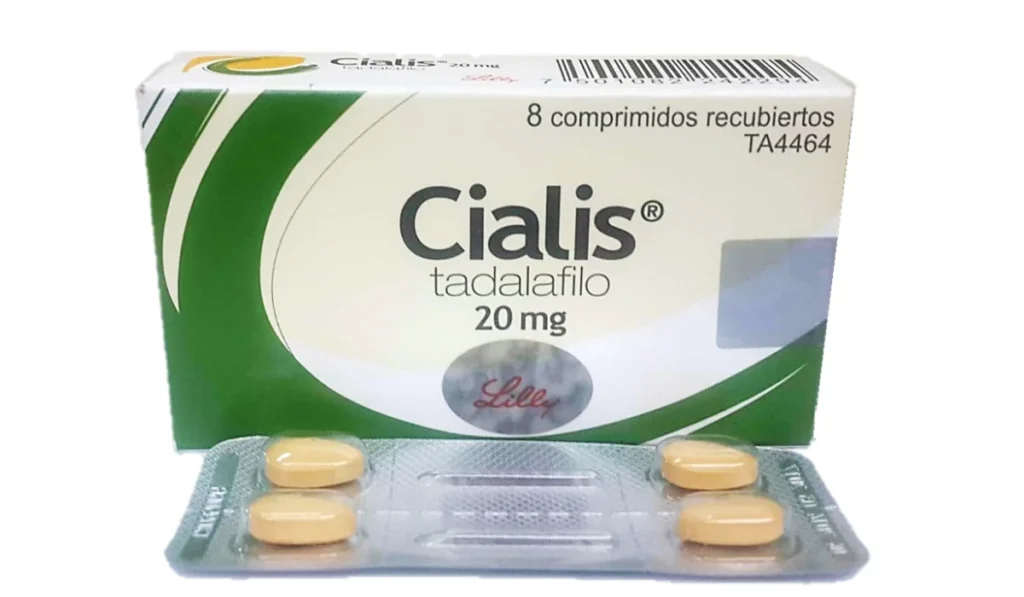
Longer-lasting effects.
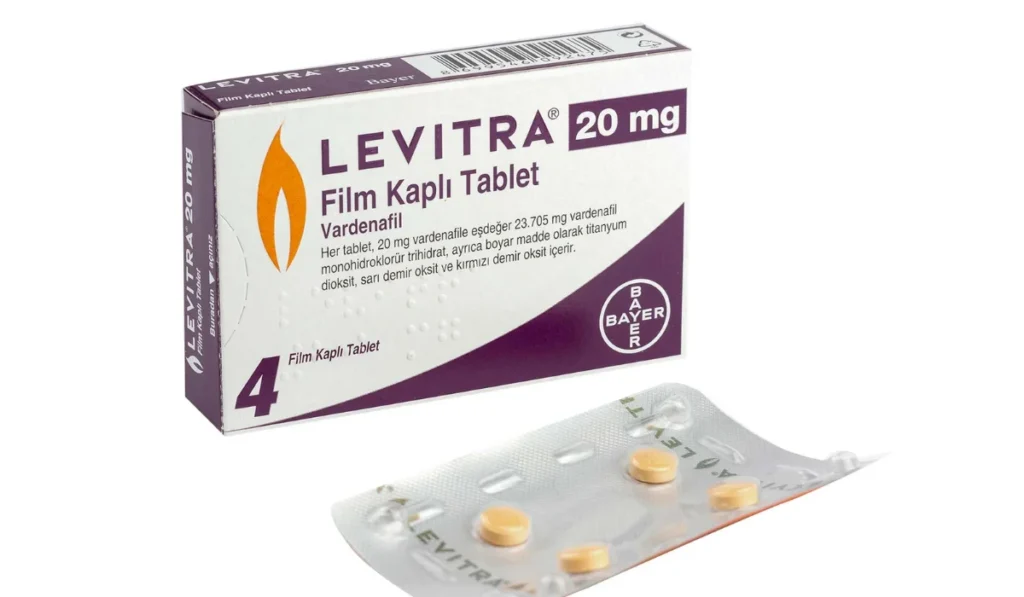
Like Viagra.
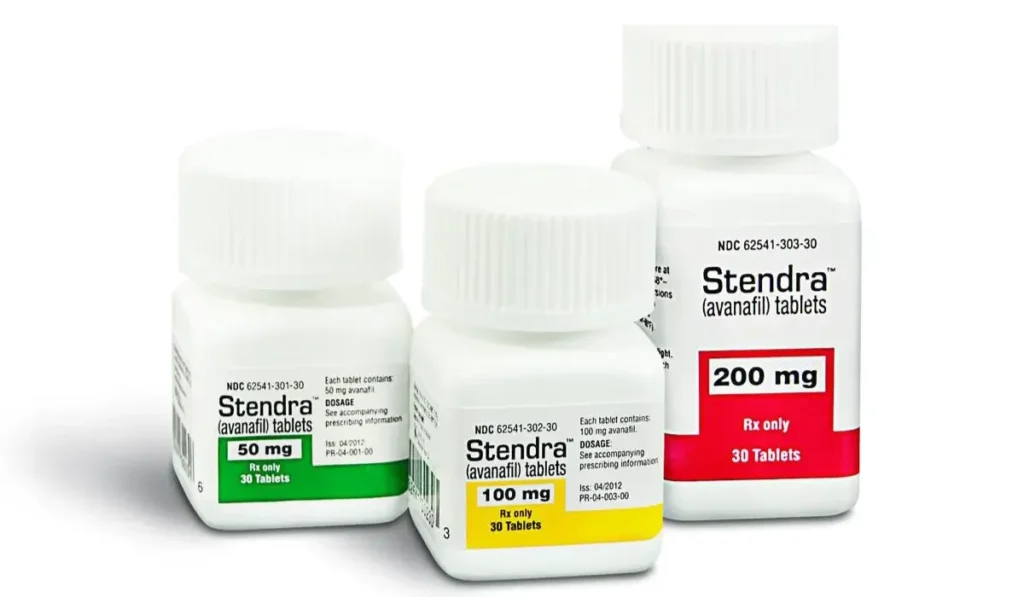
Rapid onset of action.
These medications work by promoting blood flow to the penis.
FDA-approved birth control pills containing a combination of estrogen and progestin can be used for various purposes:
Yaz and Beyaz are known to improve acne in some individuals.
These pills may help manage PMS symptoms.
PMDD symptoms can also be alleviated.
Tailored meal plans can help you achieve your health goals: weight management or overall well-being.
Collaboration with Registered nutritionists to support tailored meal plans.
Address menopausal symptoms such as hot flashes, mood changes, and vaginal dryness with specialized products.
QuCiL Health ™ is a Trademark of Synergy PrimeCare PLLC. All rights reserved.